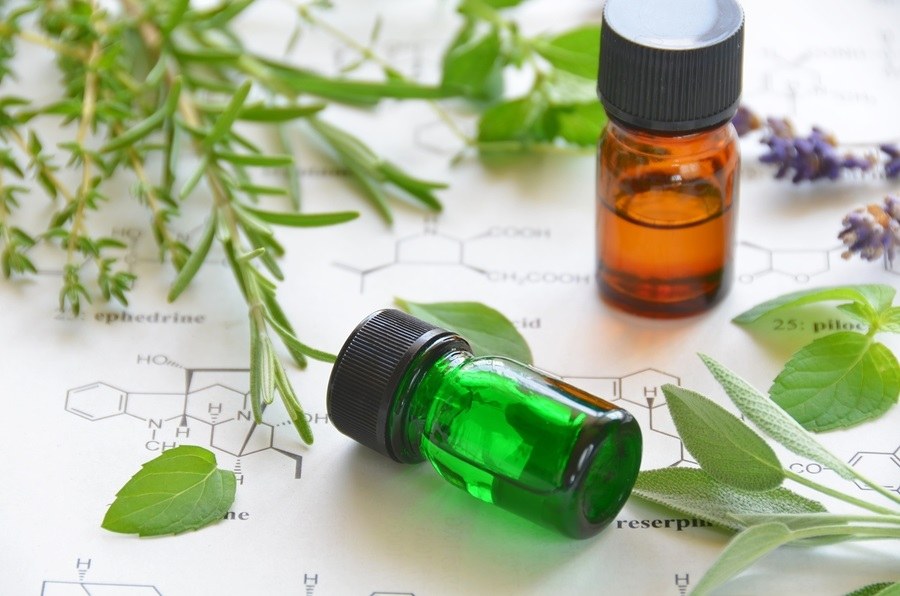Trump’s Epstein Scandal Back in the News Stream with Historic Trip to London this Week
Trump has been enjoying a short reprieve on the Epstein scandal story due to the Charlie Kirk assassination, but all that changes tomorrow as he lands in London for an historic visit. The British Press will undoubtedly make the Epstein scandal the focus of his trip, as they already are doing ahead of his visit. "Why an Epstein scandal could haunt Donald Trump’s unprecedented trip to Britain." The BBC is reporting on how the Giuffre family is calling for a full investigation into Prince Andrew and his past actions with Epstein. Meanwhile, things are picking up here in the U.S. as well, as the Epstein survivors have asked the GOP Women's Caucus to support the release of the remaining Epstein files. So far Thomas Massie is the only man in the GOP House to support his bill to force the Trump Administration to release all of the Epstein files, with the other 3 Republicans being women. Now the survivors and victims of Epstein's sexual abuse, who all met in D.C. a few weeks ago and made the corporate media rounds, are putting pressure on the remaining women in the House to support their cause. Will they join the 3 who have already come forward to support this, who are putting their political careers on the line, or will they value their corrupt jobs in D.C. more than justice? Also today, FBI director Kash Patel has testified before Congress that there is "no credible information" that Epstein trafficked minors to others. So Patel has gone from being outraged at concealing Epstein files and vowing to release them, to: "Epstein never did it."














